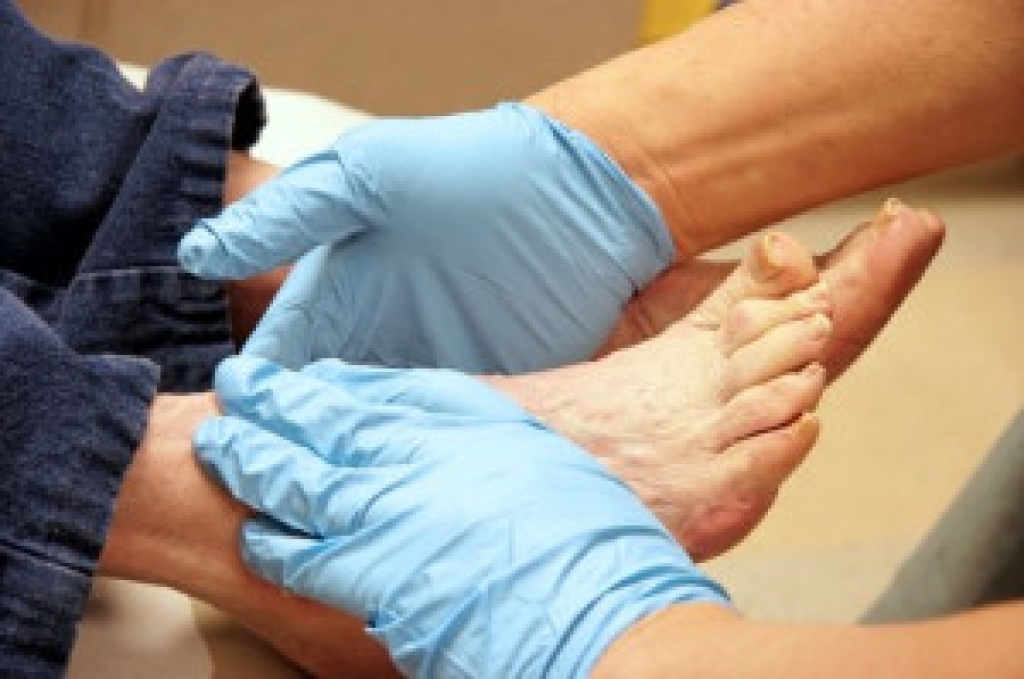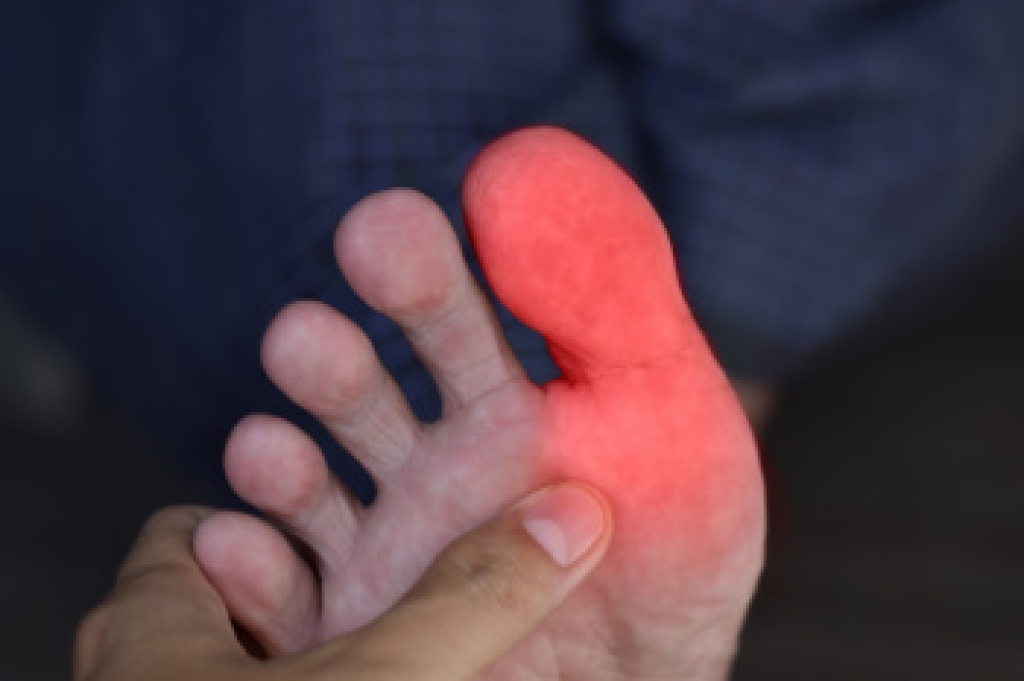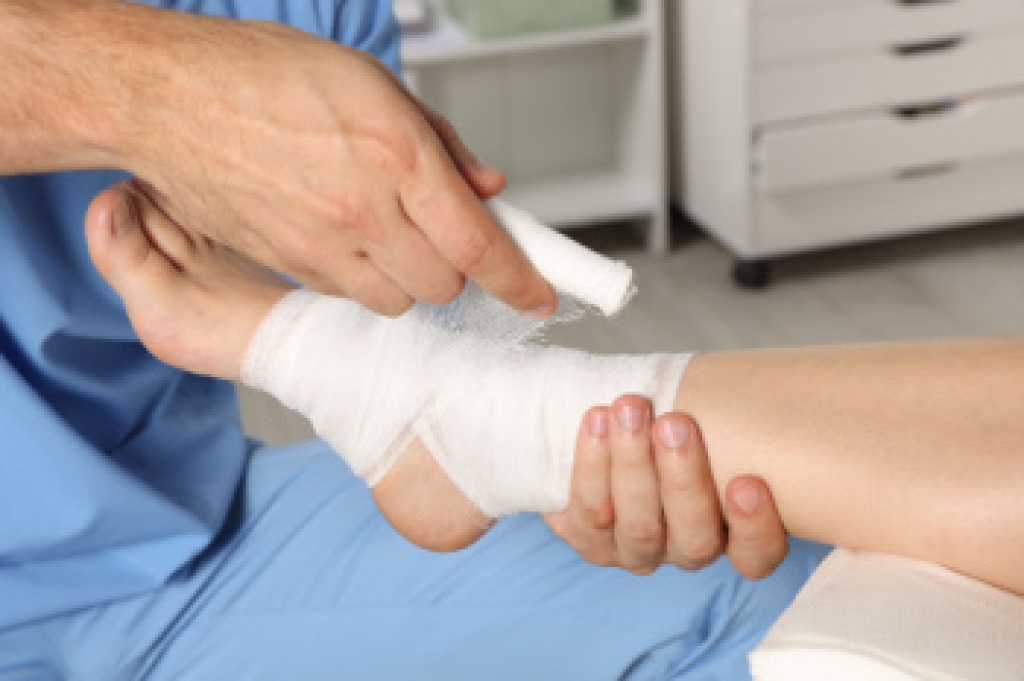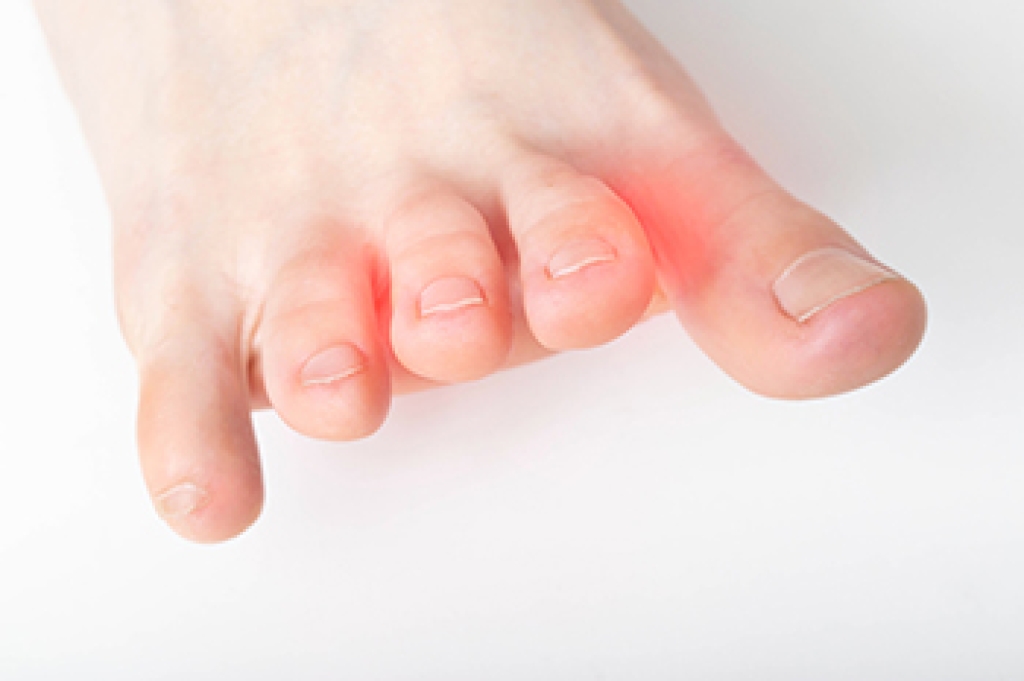
Diabetes is a chronic condition that affects how the body regulates blood sugar, potentially leading to complications throughout the body, including the feet. High blood sugar can damage nerves and blood vessels, increasing the risk of infections, ulcers, and poor healing. Common diabetic foot complications include numbness, tingling, swelling, open sores, and infections that may go unnoticed without careful attention. Proper foot care is essential to prevent serious problems. Wash and dry your feet daily, keep toenails trimmed straight across, and regularly inspect your feet for cuts, blisters, or sores. A podiatrist can provide professional evaluation, treat existing issues, recommend protective footwear, and create a personalized foot care plan. If you have diabetes, it is suggested that you are under the care of a podiatrist who can help you manage this serious condition.
Diabetic foot care is important in preventing foot ailments such as ulcers. If you are suffering from diabetes or have any other concerns about your feet, contact Ramin Nadjafi, DPM from Advanced Podiatry Group. Our doctor can provide the care you need to keep you pain-free and on your feet.
Diabetic Foot Care
Diabetes affects millions of people every year. The condition can damage blood vessels in many parts of the body, especially the feet. Because of this, taking care of your feet is essential if you have diabetes, and having a podiatrist help monitor your foot health is highly recommended.
The Importance of Caring for Your Feet
- Routinely inspect your feet for bruises or sores.
- Wear socks that fit your feet comfortably.
- Wear comfortable shoes that provide adequate support.
Patients with diabetes should have their doctor monitor their blood levels, as blood sugar levels play such a huge role in diabetic care. Monitoring these levels on a regular basis is highly advised.
It is always best to inform your healthcare professional of any concerns you may have regarding your feet, especially for diabetic patients. Early treatment and routine foot examinations are keys to maintaining proper health, especially because severe complications can arise if proper treatment is not applied.
If you have any questions, please feel free to contact our office located in Orlando, FL . We offer the newest diagnostic and treatment technologies for all your foot care needs.




